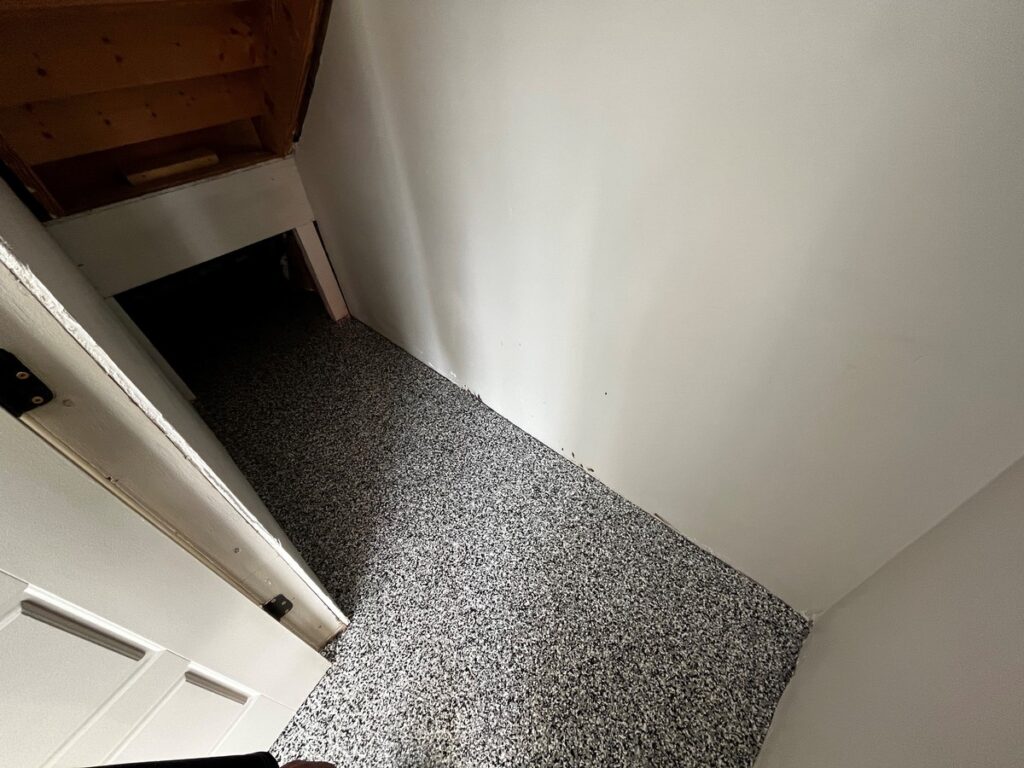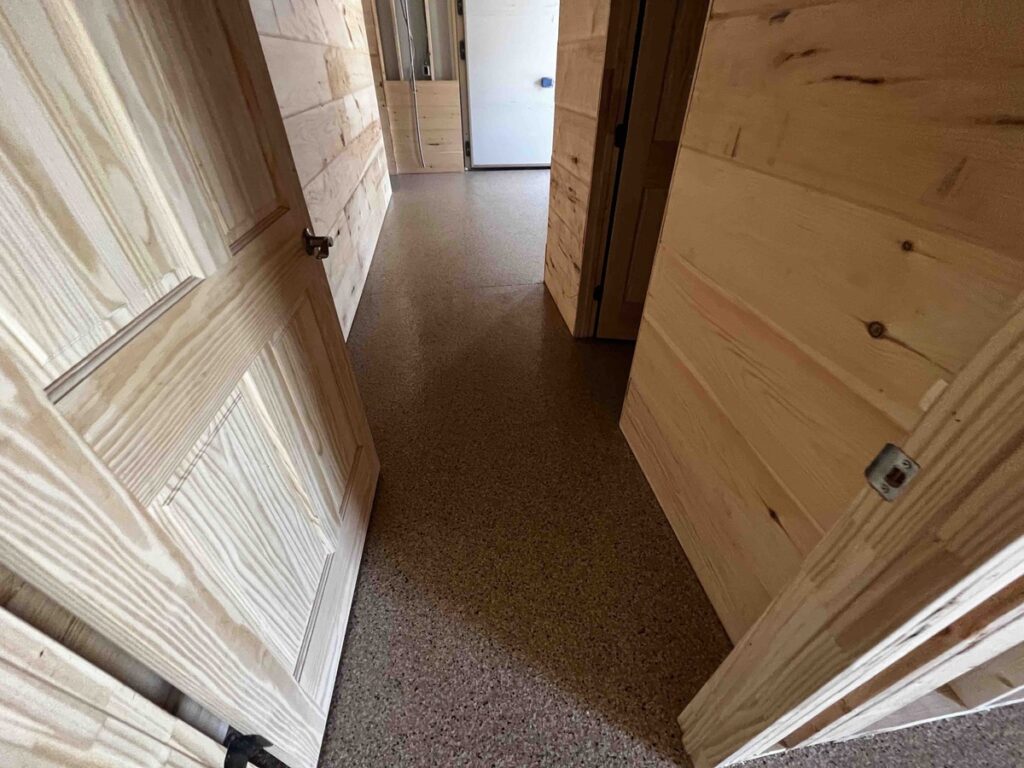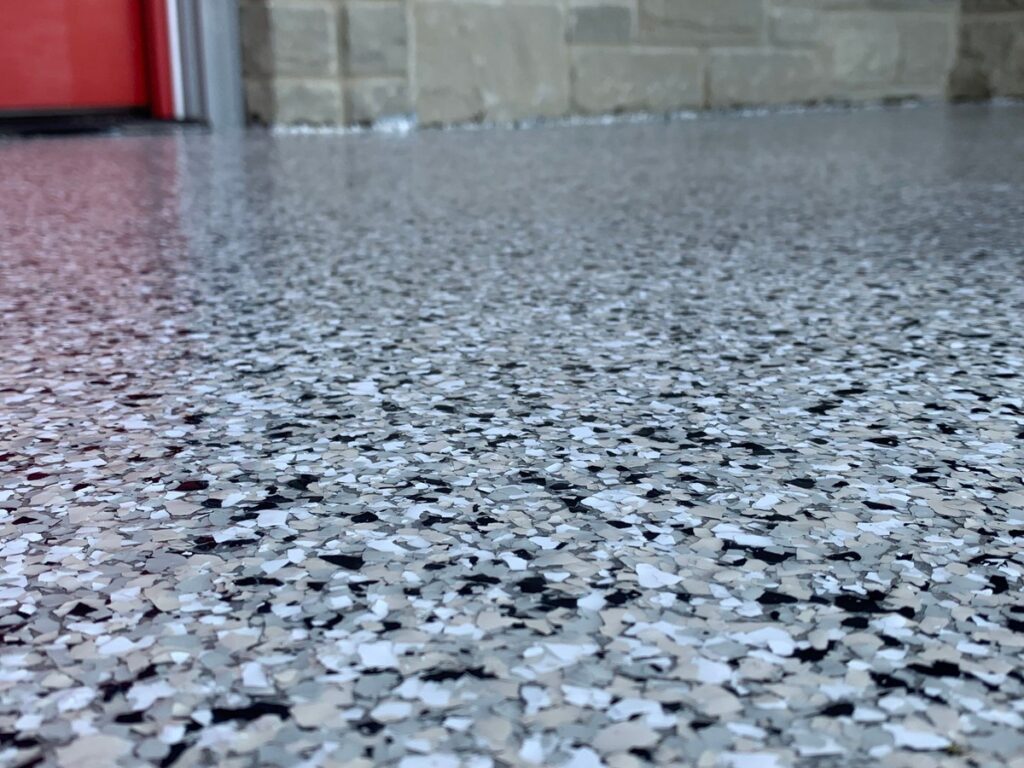Defining the Advantages of Waterproof Concrete Floor Coatings

Understanding Waterproofing
Water-Resistant vs. Waterproof
While the terms are often used interchangeably, they represent different levels of protection. Water-resistant coatings can handle moisture to a certain degree but might not completely prevent water penetration over time. Waterproof coatings, on the other hand, provide a barrier that ensures zero water infiltration.
Why is Waterproofing Necessary?
Concrete is porous. Without proper protection, water can seep into these pores, leading to issues like mold growth, structural weakening, and surface degradation.
Top Advantages of Waterproof Concrete Floor Coatings

Why Choose Georgia Tough Concrete Coatings?
- Expertise Matters: Waterproofing isn’t just about slapping on a coating. It requires a deep understanding of the concrete’s condition, the environment, and the best products for the job. Georgia Tough Concrete Coatings brings years of expertise to the table, ensuring your coating serves its primary purpose effectively.
- Quality Assurance: We believe in using top-tier products that have been tested for efficacy. When you opt for our services, you’re assured of a waterproof coating that stands the test of time.
- Customized Solutions: Every space is unique. We assess the specific needs of your property and recommend solutions tailored for optimal results.
Maintaining Your Waterproof Coated Floor
To ensure the longevity of your waterproof coating, consider the following:
Regular Cleaning
While the coating protects against water infiltration, regular cleaning will keep the surface looking pristine. Use a pH-neutral cleaner to maintain the coating’s integrity.
Promptly Address Spills
Although the waterproof coating prevents seepage, it’s always a good practice to clean up spills as soon as they occur.
Periodic Inspection
It’s wise to periodically inspect the floor for any signs of wear or damage, ensuring timely interventions if necessary.
Why Is Waterproofing Important For Concrete?
- Waterproofing is crucial for concrete for several reasons:
- Prevention of Structural Damage
- Protection Against Mold and Mildew
- Preservation of Aesthetics
- Prevention of Corrosion
- Reduction in Maintenance Costs
- Enhanced Property Value
- Protection Against Freeze-Thaw Damage





